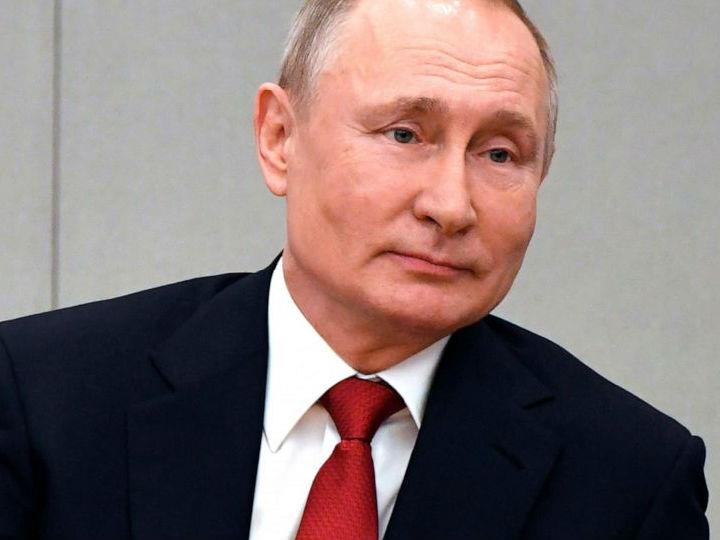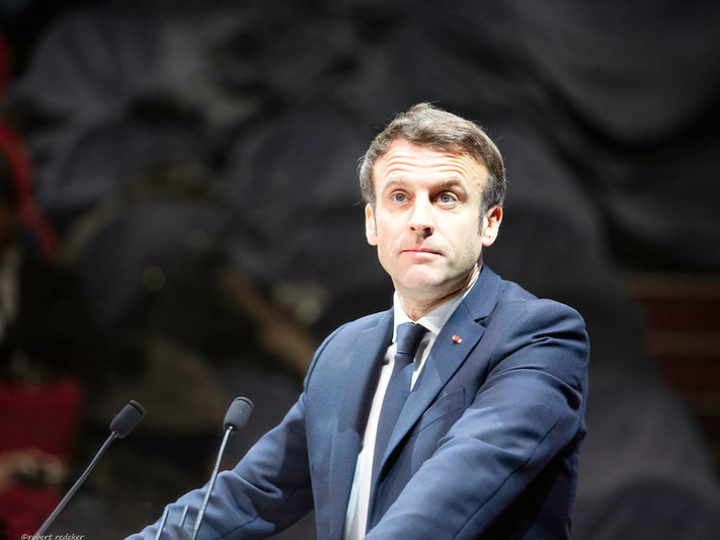by Agnieszka Legucka*
The Russian authorities were probably satisfied with the title of the 2020 Munich Security Conference; “Westlessness.” Years of trying to weaken and undermine the current order in Europe have had the intended effect.
The European Commission has identified Russian disinformation campaigns as the EU’s greatest threat because they are systematic, well resourced, and perpetrated on a larger scale than similar campaigns by any other country, including China, Iran, and North Korea.
Even today, Russia is promoting an anti-EU campaign related to the 2020 coronavirus pandemic, designed to spread panic and distrust in European governments.
According to the commission, disinformation is “verifiably false or misleading information created, presented and disseminated to achieve economic benefits or to intentionally deceive public opinion.”
The term “disinformation” was introduced to world dictionaries because of Soviet propaganda. In English, the older term “misinformation” was used to describe incorrect information transmitted with the intention of deceiving someone. But disinformation took this to a whole new state level, later abetted by digital reality and social media, which Russia has been quick to harness.
For many years, it was the Russian authorities who feared that Western technological achievements such as the internet, Google, Twitter, and Facebook could be used to impose foreign messages on Russian citizens.
The turning point was the Arab Spring, which began in 2010–2011 when people communicated via social media to gather in groups to protest against their regimes. The Russian authorities associated these events with demonstrations in Moscow in 2011 and the prospect of another color revolution—similar to those that overthrew corrupt, authoritarian leaders in various countries during the 2000s.
At that time, then prime minister Vladimir Putin was campaigning for election as Russia’s president. He considered the virtual sphere the most important challenge to the stability of his political system. The authorities convinced Pavel Durov, the creator of Vkontakte—the Russian equivalent of Facebook—to sell them shares in the company so the authorities could monitor what the people of Russia was talking about.
Later on, the Kremlin demanded the encryption keys to Durov’s next invention, the Telegram messaging app. For some time now, the authorities have also been trying to create a Russian internet—Runet—which would allow them to cut off the country from the global network and control society.
Russia also uses the global virtual space to achieve foreign policy goals: Russian President Vladimir Putin has long recognized that the internet and social media gives access to a global audience and to influencing political processes in various parts of the world.
In this way, Russia has gone far beyond the borders of its traditional influence in the post-Soviet region; it now threatens Western democracies and their social order.
Russian disinformation is especially prevalent during election season—for example around the 2016 U.S. presidential election and the 2019 European Parliament elections—before key referendums such as the 2016 vote on Brexit, and during large-scale protests such as the ones in Catalonia in 2017 for independence and in France in 2018–2019 with the yellow vests—and now with the coronavirus pandemic.
Most often, the messaging questions the democratic legitimacy of the EU and plays up sensitive topics in the public debate, undermining the trust in institutions and in political elites across European societies.
In addition, the interpretation of historical events has become a favorite tool of Russian disinformation, mainly because it provokes strong emotional reactions, such as recently when Putin falsely accused Poland of starting World War II and participating in the Holocaust.
The goal is to weaken the EU by polarizing society within individual member states. Through these actions, the Russian authorities aim to influence internal EU processes to Russia’s benefit, for example to abolish the economic sanctions imposed after Russia’s annexation of Crimea and aggression against Ukraine and to include Russia in the public debate about European security.
The Russian authorities’ disinformation campaigns use both traditional media and online media, including social media platforms.
Russian pro-government traditional media have a large reach and budget. Two of those outlets, RT and Sputnik, operate in 100 countries and broadcast programs in thirty languages. RT’s annual budget of around €270 million allows it to compete on the global news scene with BBC World and France 24, which have similar budgets.
Then there is the Internet Research Agency, which was revealed to be a so-called troll factory owned by Yevgeny Prigozhin, a close associate of Putin. The agency conducts online information operations and is an important part of Russian disinformation activities.
Operating since 2013, it has a monthly budget of around €1 million and employs about eighty people divided across foreign sections. The task of the employees—the “trolls”—is to set up fake social media accounts and conduct discussions online with people from all over the world with the goal of inducing extreme emotions and riling up people.
Since the beginning of 2020, they have also been spreading disinformation about the coronavirus with the aim of inducing distrust in public institutions and aggravating the public health crisis in the EU.
Most often, their posts on social media (Twitter, Facebook, Telegram) and other online platforms (YouTube, Google) question the EU’s democratic legitimacy and play up sensitive topics in public debate such as migration, national sovereignty, and values. The channels and disinformation strategies they use depend on the target country and target group of their message, and the effectiveness of it depends on the resilience of societies to counter information, manipulation, and provocation.
With its various methods and channels, Russian disinformation remains a strong tool for contesting the order in Europe. And knowing the strategic goals of Russia’s foreign policy, it won’t end anytime soon; the European Union must prepare for a long-term campaign of disinformation.
*senior research fellow at the Polish Institute of International Affairs
**first published in: carnegieeurope.eu




 By: N. Peter Kramer
By: N. Peter Kramer
